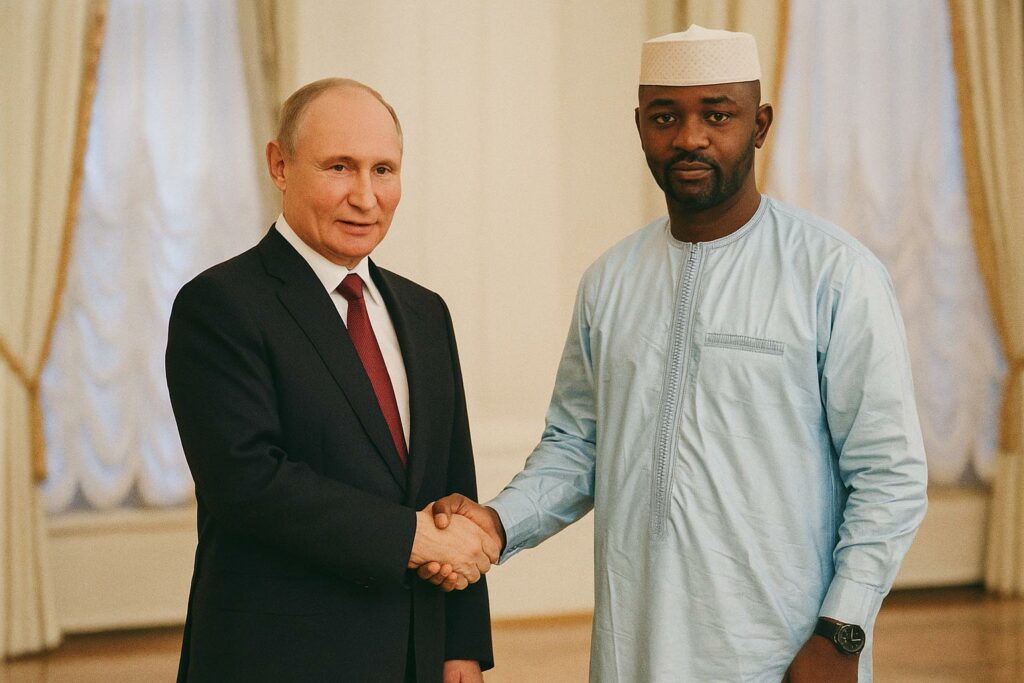A Strategic Partnership in the Making
The recent agreement signed on June 23 between Mali and Russia marks a significant milestone in the diplomatic narrative of both nations. Under the auspices of President Vladimir Putin and Colonel Assimi Goïta, these agreements aim to foster economic collaboration, with a notable emphasis on nuclear energy, highlighting the strategic interests guiding their relationship.
The Role of Nuclear Energy in Bilateral Ties
The nuclear energy agreement, cornerstone of the recent accords, underscores Russia’s expertise in nuclear technology and Mali’s pursuit of sustainable energy solutions. Such a partnership not only facilitates technological transfer but also fosters economic development, offering Mali an alternative to its current energy challenges.
This aligns with Russia’s global strategy to expand its influence in Africa, leveraging nuclear energy as a tool for building alliances. Observers suggest this could increase Mali’s energy security and economic independence, while Russia solidifies its foothold on the continent.
Broader Implications for Global Diplomacy
Beyond the bilateral benefits, this agreement exemplifies a broader geopolitical shift, reflecting the growing trend of non-Western countries strengthening ties independent of Washington or Brussels. The sustainability focus also aligns with global energy trends, emphasizing the peaceful applications of nuclear technology.
Experts from entities like the International Atomic Energy Agency (IAEA) commend these peaceful cooperations while advocating strict adherence to international safety standards, a notion echoed by global nuclear non-proliferation frameworks.
Future Prospects: Opportunities and Challenges
Looking ahead, the partnership invites both optimism and concerns. Mali stands to benefit economically and technologically, possibly reducing its reliance on outdated infrastructure. However, this venture demands vigilant regulatory frameworks to manage potential risks associated with nuclear energy.
Russia’s evolving role in Mali’s energy sector suggests a recalibration of diplomatic strategies, necessitating a balance between national interests and sustainable development. As the world closely watches this unfolding partnership, its outcomes could redefine energy diplomacy paradigms.

